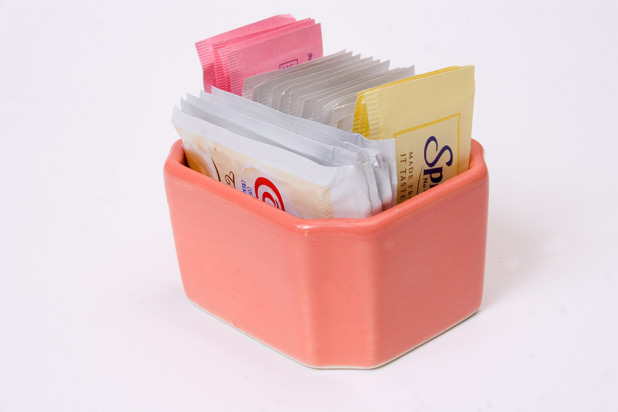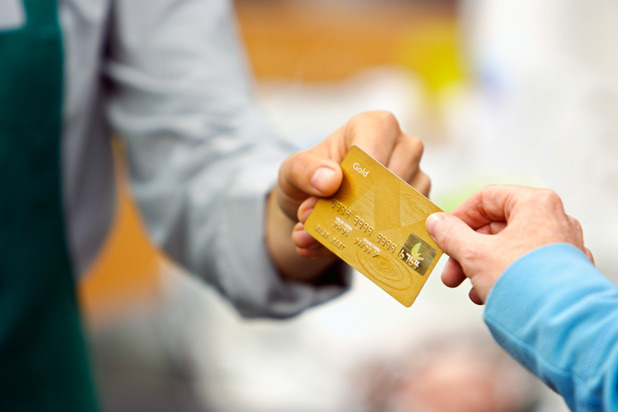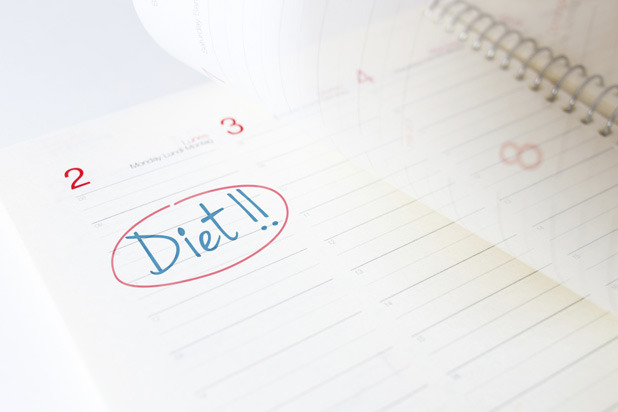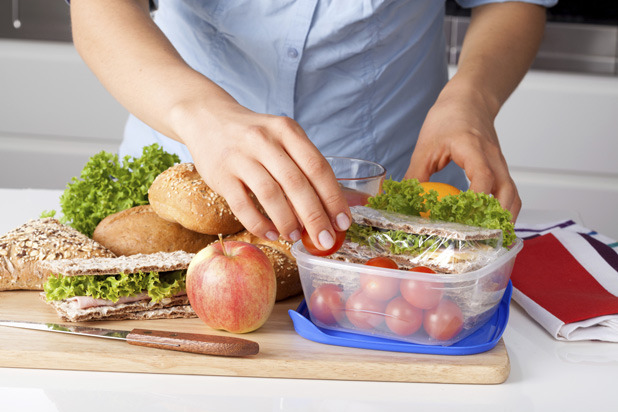11 Reasons You're Not Losing Weight (Slideshow)
Crash diets aren't the only reason it's difficult to lose weight and keep it off. There are, as Conason says, physiological, mental, and environmental reasons that can derail even the most sensible fitness plans. It seems like everything from our office jobs to own stress levels ensure that losing weight is as difficult as possible.
Just because it's tough, doesn't mean you should give up! The best way to permanently lose weight, according to Conason, is to "start approaching your body with a sense of compassion and acceptance."
The first step to losing weight while still being kind to your body is understanding why it's so difficult to lose weight in the first place.
You’re Sitting
In the U.S., an average adult sits about six hours per day. Unfortunately, sitting too much decreases the body's production of lipoprotein lipase, which helps you burn fat. So get out of that desk chair and walk around for at least a couple of minutes every hour. Better yet, take a walk on your lunch break.
You’re Tired
Research shows that those who sleep less than six hours a night are more likely to overeat than those who get eight or nine hours of shuteye.
You’re Using Fake Sugar
Harvard studies suggest that artificial sweeteners change the way we taste food, essentially building up our tolerance to sugar so that naturally sweetened foods, like fruit, no longer taste as good.
You’re Paying With Plastic
A recent Cornell University study showed that people who used plastic at the register ended up buying 40 percent more junk food than those who paid cash. People are more reluctant to part with paper money than they are cash, so it's easier to fill a cart with empty calories when you're not thinking about the cost to your bank account and your waistline.
You’re Too Focused on Your Healthy Meal
Ghrelin is the "hunger hormone" that causes that empty feeling in your tummy, and unfortunately, ghrelin is pretty fickle. A Yale University study recently showed that test subjects who thought they were eating a low-calorie meal produced more ghrelin than those who believed they'd indulged. So eat a slice of cheese or some other small "cheat" to let your brain know you're full.
You’re Dieting
Alexis Conason, psychologist and research associate at The New York Obesity Nutrition Research Center, says that the most common outcome of a crash diet is weight gain. She believes that the first step to weight loss is a positivity based lifestyle change and not a diet with a set start and end date.
You’re Working Out
The most effective path to weight loss is a healthy diet and plenty of exercise. Unfortunately the second can negate the first. Exercise could trigger the food reward system in your brain, leaving you to believe you deserve a high calorie treat for all the hard work you put in at the gym.
You’re Stressed
Whether it's a tense day at the office or falling off a cliff, stress makes the body release adrenaline. When the adrenaline wears off, a hormone called cortisol tells you to eat up and replace those stress calories you burned. During intensely stressful times, it's probably best to keep healthy snacks on hand and steer clear of empty calories.
You’re Not Getting Enough Protein
If you're trying to lose weight, you've probably heard "calories in, calories out" enough times to scream. However, studies show that even people who consume more calories than they burn gain less weight if their diets are high in protein.
You’re Thirsty
Dehydration actually increases insulin production, so not getting enough water is preventing your body from burning fat
You’re Skipping Meals
It's probably best to eat small meals throughout the day. Studies show that people who routinely skip meals tend to overeat at the next meal to compensate.











